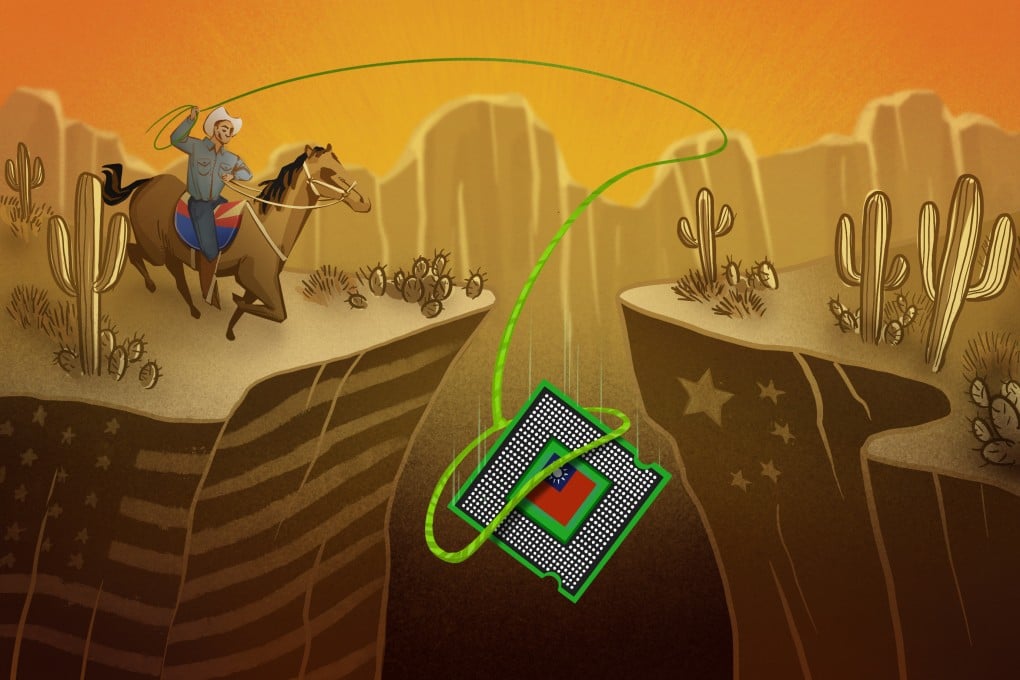Taiwan-Arizona ties: the history behind TSMC’s decision to build US$12 billion chip plant in southwestern US
- Arizona’s long-standing support for Taiwan, going back to the 1960s, underscores the increasing importance of subnational diplomacy for the self-ruled island
- TSMC likely did not invest in Arizona for political purposes, experts say, but a state’s ties to Beijing could affect Taiwanese business decision-making

But the state has for decades been building close ties with Taiwan, even as it has been middle-of-the-pack among states in taking a hard line against mainland China, illustrating how long-term subnational diplomacy helps Taiwan expand its soft power abroad as Beijing tries to siphon off Taipei’s remaining national allies.
“The previous administration and the current administration both played roles in this process, because it was a multi-year effort,” Chris Camacho, president and CEO of the Greater Phoenix Economic Council (GPEC), which was involved in discussions to bring TSMC to the city, told the Post in January. “That was a part of the discussion to get them to come to the United States, was ensuring that the Chips Act would move forward.”
Since TSMC’s announcement, Phoenix has seen at least 14 other companies, five of them Taiwanese, announce related expansions to the metropolitan area, according to the GPEC. The chip giant’s investment in Arizona is expected to eventually create 4,500 direct jobs, and 7,400 indirect jobs.
